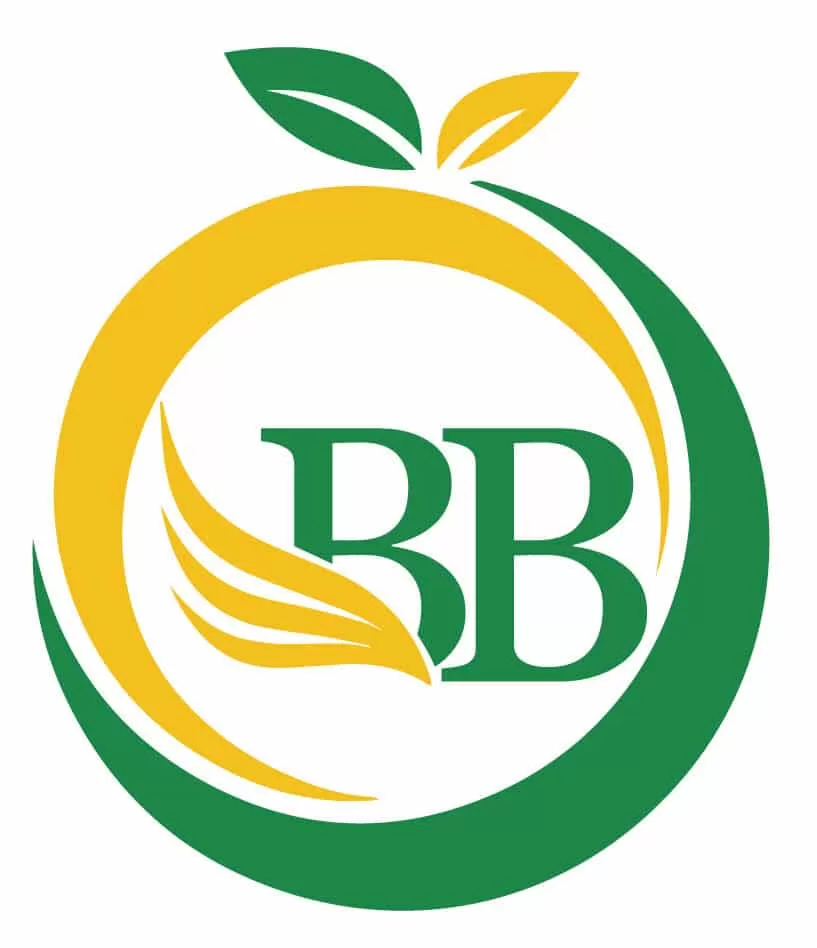Dental care plays a vital role in our overall well being. The mouth is the entrance to the stomach, as such it can harbor bacteria that come in through the food we eat, or through fermentation of particles of already eaten good food. Without proper cleaning, bacteria growth can get out of control resulting on tooth decay (which creates cavities in the teeth or tooth) and gum diseases. One of the most common bacteria that cause dental carries is called Streptoccocus mutans. Oral infections are very unpleasant as they produce mouth odor and affect food intake which make a person eventually sick. Poor dental hygiene can also cause lung infections like pulmonary actinomycosis since the mouth is also the gateway to the respiratory system (1, 2). Our article explores Natural Tooth and Gum Care
For this reason, we are encouraged to brush and floss at least twice a day (in the morning and at night before bedtime). While using toothpaste is most common for brushing, there are other natural tooth and gum care remedies that do a great job.
- Charcoal
Charcoal is a black carbon residue that is left after wood has been intensely heated in a fire, removing all the water and volatile compounds in contains. Charcoal has a long history of use as fuel for cooking, and as medicine. Today charcoal has is being used in many applications in the beauty and cosmetic industry with In conclusion, maintaining good oral hygiene is essential for overall health and well-being. With natural tooth and gum care being very popular
Charcoal is highly absorbent thus it can remove stains from the teeth and make them whiten up naturally. Charcoal is also said to remineralize the teeth, remove acidic plagues and enhance fresh breath. For these reasons, the production of charcoal toothpaste has seen a surge in recent years. However, some experts warn that there is a risk of abrasion on the teeth enamel while using charcoal since it is not smooth. This is however the case with commercially produced activated charcoal, as there are not data on this effect with natural non activated charcoal (3).
- Coconut oil
Coconut oil is oil made from wick, flesh, and milk of coconut. It is well known for its numerous health benefits including its dental health benefits. Coconut oil is used for oil pulling or swishing, which involves putting some oil in the mouth and holding in for about 15 minutes during which you intermittently pull the oil between your teeth. This removes bacteria from the teeth, especially those hidden within the cavities of the teeth, and generally in regions between the teeth (4).
Coconut oil comprises of 92% saturated acids, of which lauric acid account for about 50% of these saturated acids. Lauric acid contains monolaurin and monoglycerides, two fatty acids with strong antimicrobial activities against a wide range of bacteria including Streptoccocus mutans and Candida albicans, that are reputed for causing oral infections (5).
Furthermore, oil pulling has been effective in improving gingivitis, which is a mild gum disease that affects the gingiva (the part of the gum around the base of the teeth). Gingivitis is characterized by swelling, redness, and irritation of the gums (6).
- Baking soda
Baking soda (also called bicarbonate of soda or sodium bicarbonate) is a very popular baking ingredient which causes dough to rise, giving baked products their light and fluffy texture. Baking soda is also a great natural dental care natural remedy. Adding half a teaspoon of baking soda to half a glass of water makes a great mouth wash, that keeps bacteria in check, thanks to its antimicrobial properties (7). Besides baking soda also whitens the teeth, as it is a mild abrasive, hence it is able to take out molecules that stain the teeth (8).
Oral hygiene is very important to holistic health. Natural home remedies like charcoal, coconut oil and baking soda, are safer, cheaper and have been proven to have immense benefits.
In conclusion, maintaining good oral hygiene is essential for overall health and well-being. With natural tooth and gum care remedies, you can achieve a healthy and bright smile without the use of harsh chemicals. By incorporating simple practices and natural ingredients into your daily routine, you can improve your oral health and enjoy the benefits of a naturally beautiful smile. Start your journey towards Natural Tooth and Gum Care today!
REFERENCES
- Oral health: A window to your overall health. (2021, October 28). Retrieved May 31, 2022, from Mayo Clinic website: https://www.mayoclinic.org/healthy-lifestyle/adult-health/in-depth/dental/art-20047475
- Prinsley, D. M. (1957). Pulmonary actinomycosis. The British Journal of Tuberculosis and Diseases of the Chest, 51(1), 40–45. doi:10.1016/s0366-0869(57)80053-7
- What to know about activated charcoal whitening. (n.d.). Retrieved May 31, 2022, from WebMD website: https://www.webmd.com/oral-health/what-to-know-about-activated-charcoal-whitening
- Brazier, Y. (2019, November 8). Coconut oil: Benefits, uses, and controversy. Retrieved May 31, 2022, from Medicalnewstoday.com website: https://www.medicalnewstoday.com/articles/282857
- Naseem, M., Khiyani, M. F., Nauman, H., Zafar, M. S., Shah, A. H., & Khalil, H. S. (2017). Oil pulling and importance of traditional medicine in oral health maintenance. International Journal of Health Sciences, 11(4), 65–70.
- Shanbhag, V. K. L. (2017). Oil pulling for maintaining oral hygiene – A review. Journal of Traditional and Complementary Medicine, 7(1), 106–109. doi:10.1016/j.jtcme.2016.05.004
- Drake, D. (1997). Antibacterial activity of baking soda. Compendium of Continuing Education in Dentistry. (Jamesburg, N.J.: 1995). Supplement, 18(21), S17-21;quiz S46. Retrieved from https://pubmed.ncbi.nlm.nih.gov/12017929/
- Hara, A. T., & Turssi, C. P. (2017). Baking soda as an abrasive in toothpastes: Mechanism of action and safety and effectiveness considerations. Journal of the American Dental Association (1939), 148(11S), S27–S33. doi:10.1016/j.adaj.2017.09.007
